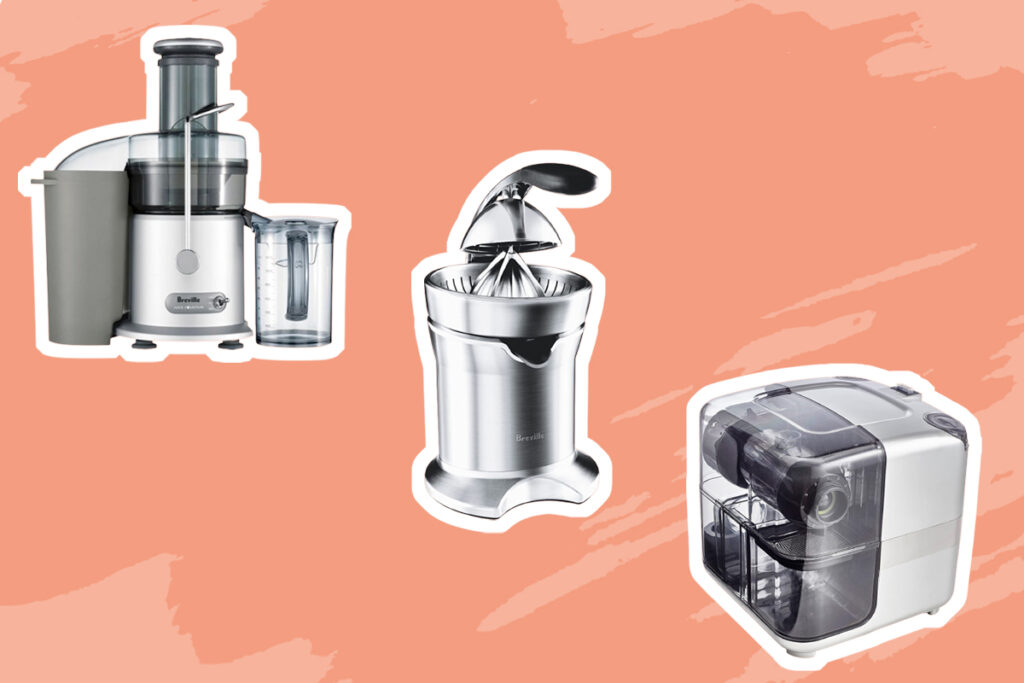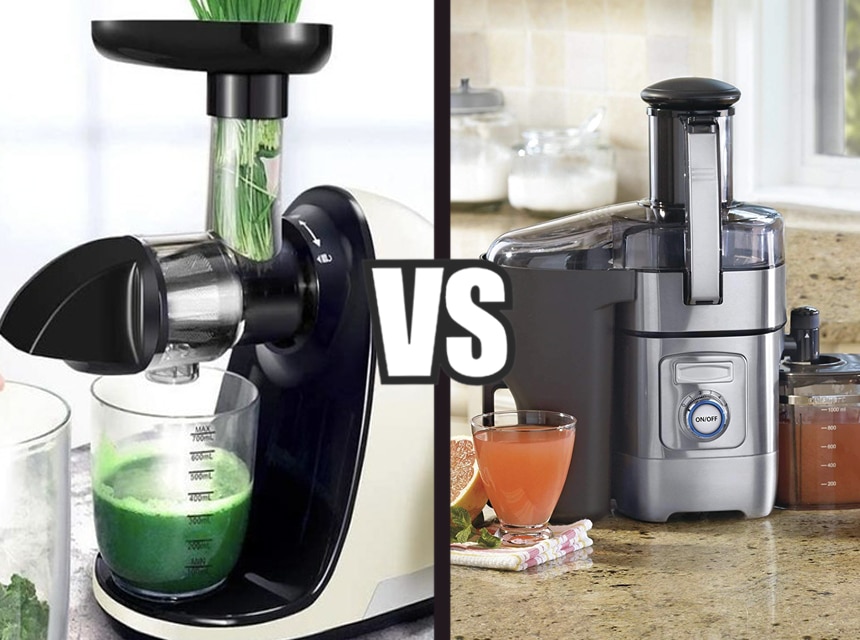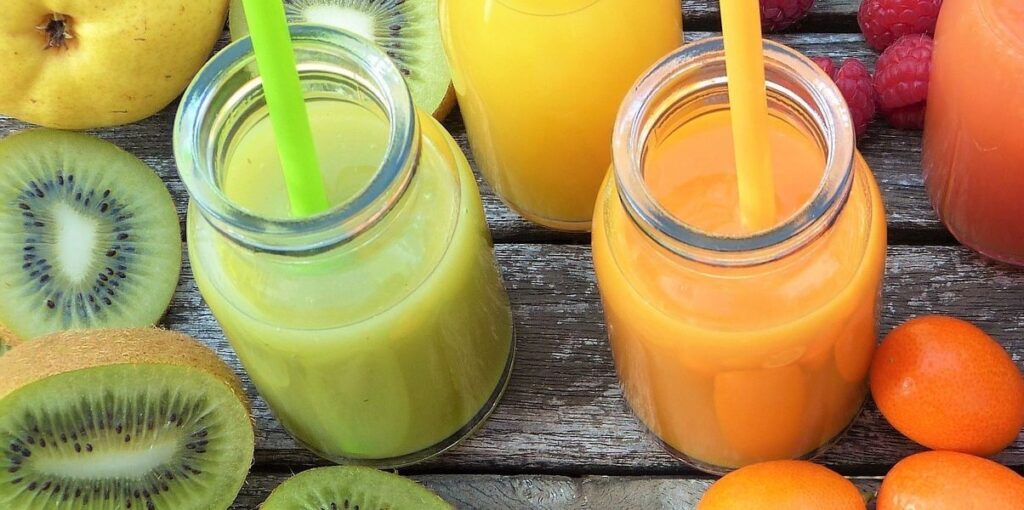Most of us are aware that fruits and vegetables are important for our health. However, it can be tricky to incorporate the recommended five a day into our daily diets. Fortunately, you can combat this with juicing.
Juicing extracts the nutritious liquid from fresh fruit and vegetables, adding vitamins, minerals, and antioxidants into your diet. In fact, studies Trusted Source Supplementation with mixed fruit and vegetable juice concentrates increased serum antioxidants and folate in healthy adults - PubMed Supplementation with mixed fruit and vegetable juice concentrates effectively increased plasma levels of important antioxidant nutrients and folate. pubmed.ncbi.nlm.nih.gov have shown that drinking juice can improve your nutrient levels after only a couple of months.
Unfortunately, fruit juice can also contain a high amount of sugar. So, the benefits of drinking juice can be offset by an increased sugar intake. The solution is to juice vegetables. So, here we will explore the best vegetables to juice and how you can increase your nutrient levels without increasing your risk of developing type 2 diabetes.
Kale is one of the best green vegetables to juice. This leafy green has a mild flavor that compliments other vegetable and fruit juices. Kale is actually a superfood, providing an excellent source of Vitamin A, C and K Trusted Source FoodData Central [HISTORICAL RECORD]: KALE fdc.nal.usda.gov , and antioxidants.
Drinking kale juice can also help to reduce your LDL cholesterol, lowering your risk of heart disease factors. In a research study, the participants drank five ounces of kale juice each day for three months. At the end of the study, LDL cholesterol was reduced by 10%, while the HDL (good) cholesterol increased by 27%.
Carrots are one of the best veggies to juice if you have more of a sweet tooth. Carrot juicing provides a naturally sweet flavor, while offering a number of nutrients, including potassium and vitamin A Trusted Source FoodData Central Information provided by food brand owners is label data. fdc.nal.usda.gov .
Carrots also contain carotenoids, which are a powerful antioxidant. Research has shown that a carotenoid rich diet may be linked to lower risks of developing heart disease, degenerative eye diseases, and certain forms of cancer.
You can combine carrots with a variety of other vegetables to sweeten up your juice and make it more palatable.
Beets have an earthy flavor, but these brightly colored vegetables are also packed with nutrients. With the right type of juicer, you can also include the leafy beet greens to further boost the nutritional content of your juice.
Beets can add folate, potassium, manganese, and nitrates into your juice that can help to stabilize your blood pressure and improve your mental acuity.
However, you need to juice your beets with care. The red juice can cause staining on your countertops and fingers. So, you may wish to wear gloves as you’re prepping your beets for the juicer.
Cabbage is one of the best vegetables to juice for weight loss. This is an extremely low calorie vegetable that works well in juices. However, you do need the right type of juice to get the most from this leafy green vegetable.
Centrifugal juicers operate at such a rapid speed they can struggle to extract all the juice from leafy greens. So, you would need a masticating juicer like the Tribest GSE-5050. This model has twin gears to cold press your juice and retain the maximum amount of nutrients.
Cabbage is packed with nutrients, including Vitamin B6, K, and C. It also contains micronutrients, including manganese and folate. It is also part of the cruciferous vegetable family, so it can reduce your risk of inflammation, heart disease, and diabetes.
Spinach is another leafy green that adds a fresh flavor to your juices. Studies have shown that consuming spinach can reduce blood pressure significantly and thereby reduce the risk of developing heart disease.
Spinach juice can also act as an antacid, which can be helpful for those with acid reflux issues.
While you may not think of broccoli as a vegetable for juicing, this cruciferous veggie can offer some excellent health benefits. It is an excellent source of micronutrients and contains powerful compounds that can decrease inflammation and neutralize free radicals.
You can add both the stems and heads into your juicer for a nutritious and delicious green juice.
Parsley is more than just a cooking garnish; it can be an excellent addition to your veggie juice. Fresh parsley offers a number of possible health benefits. Studies have shown that parsley can increase antioxidants to decrease blood sugar levels and preserve liver function.
With their high water content, cucumbers are one of the best vegetables to juice for skin. Hydration is vital for not only bright and clear skin, but also kidney function, digestive health, and weight management. Cucumbers can also reduce inflammation in the skin cells.
Swiss chard is another leafy green packed with vitamins and minerals, including vitamins A and C. These antioxidants help to fight cell damage in the body. Swiss chard may also be beneficial to manage blood sugar levels, which is a particular concern if you have diabetes.
Celery has a high water content and is a great source of nutrients, but it can be a challenge to juice. The fibrous nature of celery means that some types of juicers struggle to extract the nutritious liquid. You’ll need a juicer like the Aicok Slow Masticating juicer. This juicer uses a slow press auger motion to crush the celery and produce juice.
You can drink celery juice alone, but if you struggle with the peppery taste, combine it with apples, lemons, or ginger.
Many people consider tomatoes to be a kitchen staple, but they can actually be a great option for your daily juice. Tomatoes are low in calories and packed with nutrients. This includes lycopene. Lycopene Trusted Source Lycopene: Health Benefits and Top Food Sources Lycopene is an antioxidant found in red and pink fruits that has been linked to various beneficial effects. This article looks at the health benefits and top food sources of lycopene. www.healthline.com is a compound associated with a lower risk of strokes, heart attacks, and some forms of cancer.
Drinking tomato juice can also reduce inflammation. So it makes a great option for your post workout juice. It can aid recovery and provide a refreshing beverage to rehydrate.
You can pair your tomatoes with cucumber and celery with a pinch of parsley to create a healthy, yet tasty juice.
Juicing can be a superb way to boost your nutrient intake. If you’re struggling to reach your five a day, you can consume both fruits and vegetables in juice form. However, it is important to watch your sugar intake, which makes juicing vegetables a great choice.
Vegetables are typically nutrient dense and a good way to support your health. However, it is important that you choose the right juicer. Many vegetables are fibrous, which means that centrifugal juicers can struggle to extract all the juice. This is particularly important for leafy greens and celery.
So, if you’re looking for the best vegetables to juice, experiment a little. You may be surprised at the variety of flavors you can create solely juicing vegetables.





